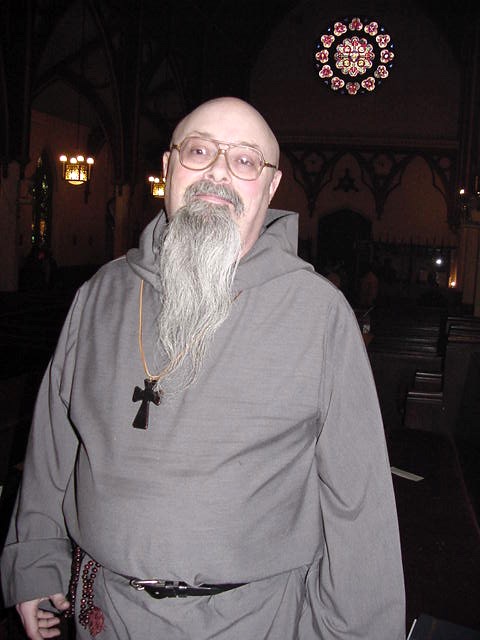To tithe or not to tithe?
Tithing is based upon the wrong question
By: Randall Horton
I do not believe in tithing.
Tithing is an Old Testament notion that came from the time when there was no separation between church and state, and what social services there were had to be provided by a combination of the generosity of individuals and what was provided by the institutional structure of the temple. And that wasn’t much.
The biblical tithe also included nonmonetary wealth like grain and wine and oil. We have all heard of the “first fruits.”
I would not be so totally opposed to tithing if the so-called “biblical 10 percent” included income taxes, government-use fees, private charitable donations and a few other things I could mention, in addition to what we give the church. Additionally, what we give to the church does not equate to what we give to God. God and the church are not synonymous, despite what the institutional church sometimes would like us to believe. I suppose that tithing is an okay goal for which to strive at first, but it is in no way the panacea that some purport it to be.
I also believe that the notion of the tithe is based upon the wrong question. The tithe is based upon the question: “How much of my wealth should I give to God?”
There is a scene in The Lord of the Rings in which Gandalf introduced Pippin to the Lord Denathor of the Realm of Gondor. Gandalf says of Denethor that he has forgotten that he is but a steward, placed in charge until the return of the king. The real question for tithing is the one underlying Gandalf’s description of Lord Denethor:
“How much of the personal wealth over which I am but steward can I morally justify keeping for myself?”
Now, that question changes the dynamic considerably. In fact, it changes the dynamic to that of the traditional monastic notion of poverty. Monks do not ask, “How much do I owe?” but, “How much do I really need to keep?”
The old canon of the Mass does not say, “And here we present unto thee 10 percent of ourselves, 10 percent of our souls, 10 percent of our bodies, to be a reasonable, holy, living sacrifice unto thee.”
But it does say, “And here we present unto thee ourselves, our souls and our bodies, to be a reasonable, holy, living sacrifice unto thee.”
We do not owe God 10 percent of anything; we owe God 100 percent.
The first question is based upon the assumption that we ourselves are responsible for “making” the wealth we have been given, that it “belongs” to us; however, the second question is based upon the assumption that God created everything that is, including our wealth, and we are but stewards of it until the return of the king – our king.
Whatever the case may be, one of the most profound moments in the Mass for me is when the bread and wine are brought to the altar, because they are bringing me, too – and not just 10 percent of me either.

Brother Randall D. Horton died of a sudden heart attack on April 28, 2011, at Fessenden House in Yonkers. He was 59 years old. Brother Randy was born on February 8, 1952, in Taft, California. After attending local elementary and high schools, he enrolled at San Jose State University, receiving his BA in 1972, and Stanford University, where he received his MA in Early Music and Organ Performance in 1975. He soon found himself drawn to the Religious Life and at the age of 30 he entered Holy Cross Monastery in West Park, New York. He was professed as an oblate, and served as the order’s music director for six years. In 1988 he left Holy Cross Monastery to pursue a vocation as a solitary monk under vows held by his bishop. He made his life profession of vows to the Episcopal Bishop of New York, in 1998. In March of 2002 became House Manager at Fessenden House – a supportive living facility for men dealing with substance abuse and medical or psychiatric issues – where he lived and worked until his death
